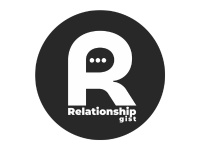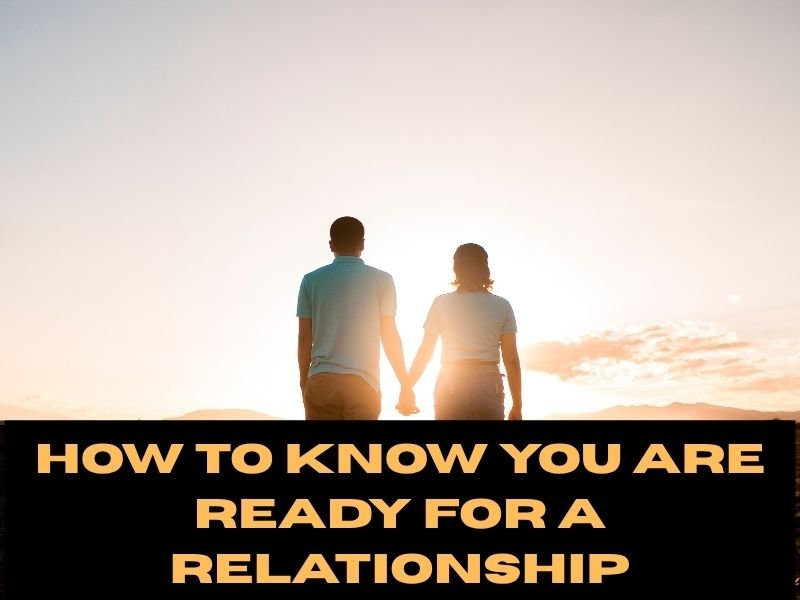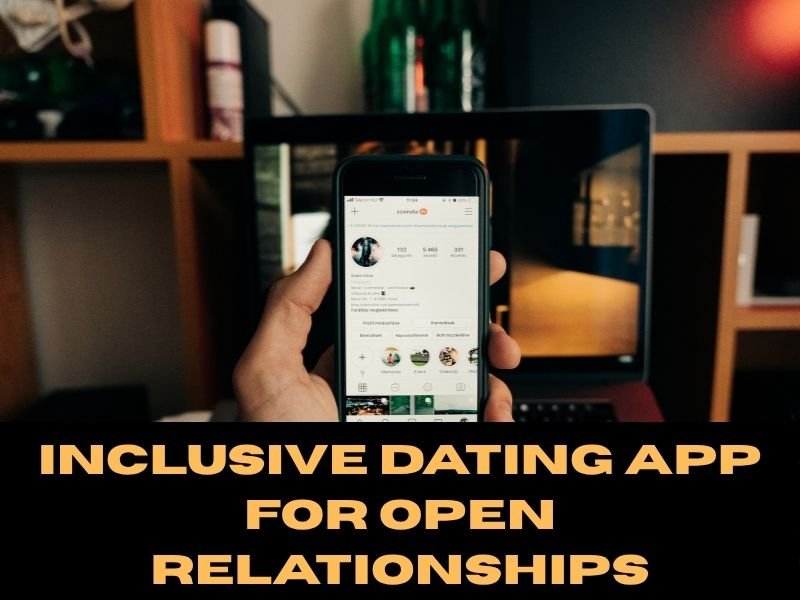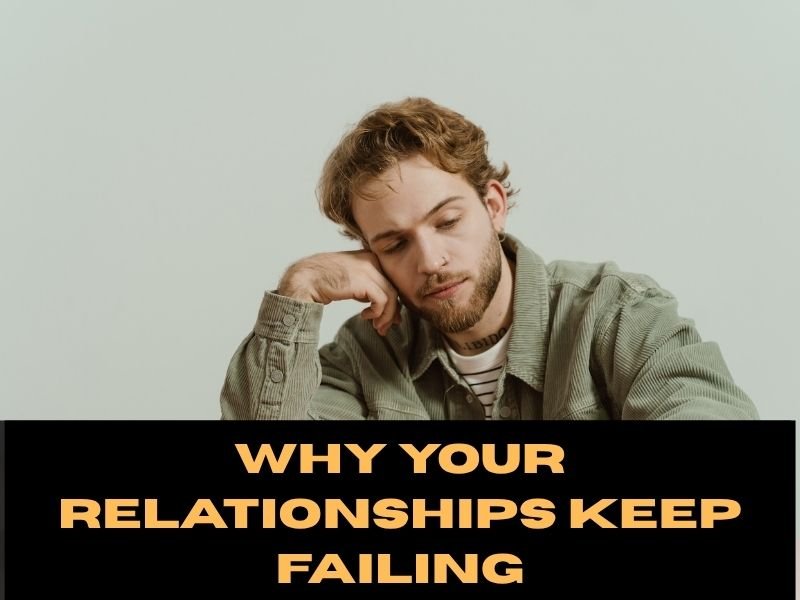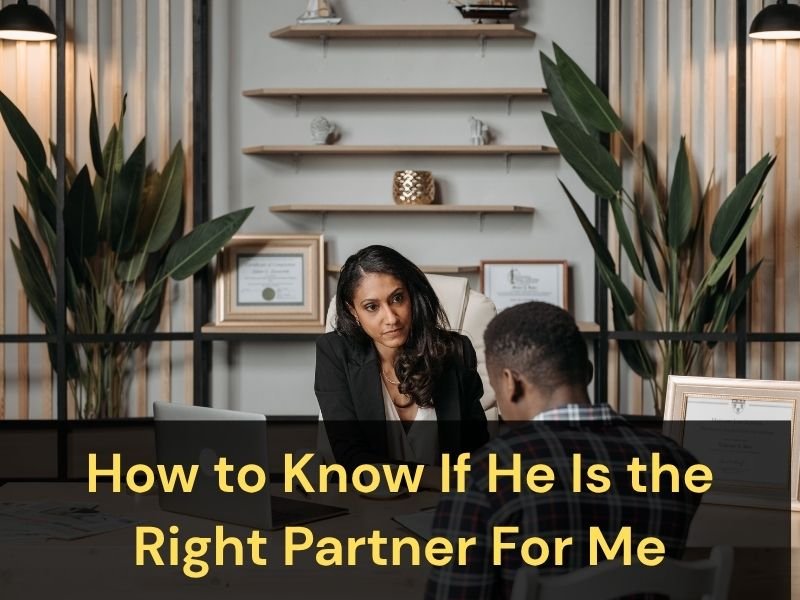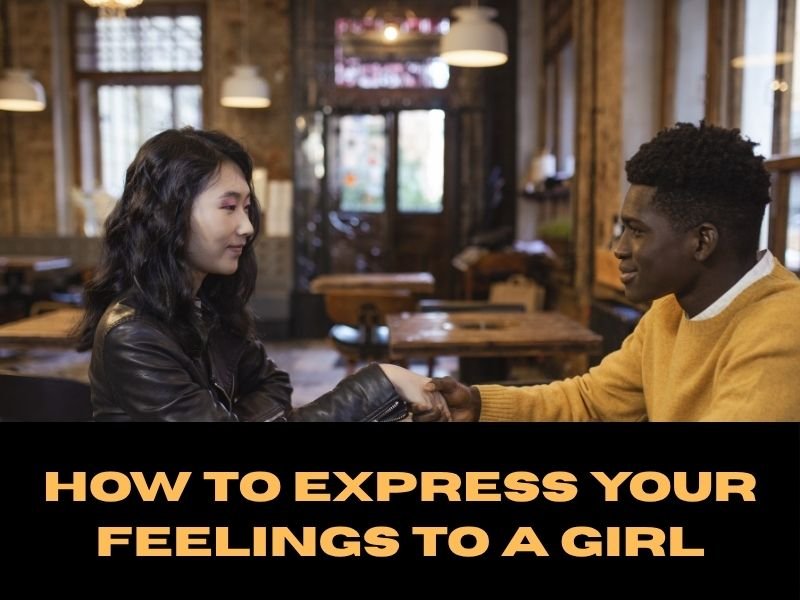How to Know You Are Ready for a Relationship, since we now live in a world where swiping, ghosting, and commitment-phobia are becoming the norm? The one question most asked in counseling younger people about dating is: “Am I ready for a relationship?” or “When do I know I am mature enough for a committed relationship?” The truth is, many singles, particularly in the USA and UK, find themselves caught in a loop. While desiring meaningful connection, they are rather unsure if they are emotionally and physically prepared to handle what a healthy relationship requires. And if you’ve been burned in the past, the hesitation only grows stronger.
This article isn’t here to shame or judge where you are in your journey. Instead, it’s a thoughtful and inspiring guide rooted in psychological insights to help you evaluate your relationship readiness. Whether you are fresh out of a breakup or have been single for years, these 10 self-checks are designed to give you clarity of purpose, direction, courage, and confidence before stepping into love again.
You Are Comfortable Being Single
Before you can fully embrace dating, you must first feel whole on your own. So, ask yourself, “Am I comfortable in the state that I am in as a single person?” If you cannot be happy as a single person, chances are that you will not be happy in a relationship either. Being single should not feel like a punishment or a waiting room for love. When you are comfortable with your own company, going to events alone, making independent decisions, and enjoying life without a partner, it shows that you are emotionally ready. It also means you are less likely to settle into loneliness or fear of missing out.
Consider the difference this makes: someone who is content alone approaches relationships from a place of abundance, not desperation. Many people think that marriage will bring them happiness. Marriage does not bring happiness; it is an opportunity for one person to bring happiness to another. Unhappy people do not become happy because they marry. This knowledge is what sets the stage for a healthy, mutual connection, rather than one rooted in neediness. If you can find peace and fulfillment without depending on another person to “complete” you, you’re showing one of the clearest signs of readiness for a lasting relationship.
You Have Healed from Past Relationship Wounds
When Maya ended her three-year relationship, she felt shattered. Her ex had cheated on her multiple times, and on her birthday, and for months after the breakup, she found it hard to trust anyone. Every time a new guy showed interest, she’d pull away or interrogate his every move. It wasn’t until she started therapy and journaling that she realized her fear of betrayal was clouding her judgment. Slowly, Maya began to separate her past pain from her present possibilities. She learned to forgive, not just her ex, but herself for not seeing the signs sooner.
Bringing unresolved emotional baggage into a new relationship is like pouring clean water into a dirty cup, because it will still get murky. If you are still haunted by the ghosts of betrayal, abandonment, or heartbreak, it will color how you perceive and respond to your current partner. Healing doesn’t mean you erase the past. It means you’ve processed your emotions, understood the lessons, and are no longer making your future partners pay for your past ones. Like Maya, when you can finally say, “That chapter is closed, and I’m not dragging it into the next one,” it’s a strong sign you are ready for a healthier, more secure relationship.
You Feel Secure and Independent Emotionally
Emotional stability is a critical marker of readiness for a healthy relationship. If you are content with your own company and don’t feel the urge to jump into a relationship to “complete” yourself, that’s a green flag. It means you are not planning on using love to fill a void or distract from loneliness; instead, you are seeking a relationship that adds value to an already fulfilling life. This emotional independence helps prevent codependency and sets the tone for a balanced connection.
Being emotionally secure on your own also means you can manage life’s challenges without leaning excessively on a partner. You trust your decisions, have a sense of purpose, and are not afraid of being alone. When you don’t rely on someone else for your happiness or self-worth, you are far more likely to attract a partner who respects and reciprocates your emotional maturity. Independence is not about detachment; it’s about wholeness.
You Can Communicate Openly and Honestly
One of the clearest signs that you are ready for a relationship is your ability to express your thoughts and emotions without fear, guilt, or manipulation. You no longer hide your feelings just to avoid conflict or please someone else. Instead, you are capable of having mature conversations about your needs, expectations, and even boundaries, all while remaining respectful and empathetic. Being open and honest in communication will create space for mutual understanding. Make sure you are thinking and sharing with your partner what your hopes and dreams are for yourself, so that you are both on the same track in the future.
Many relationships do not work out in the long term because people do not yet know who they are or what they want to be. When they do find out, many times they realize that what and who they want to be are not compatible with the partner they now have. It will help avoid unnecessary misunderstandings and ensure your soon-to-be partner knows where you stand. If you are comfortable discussing even uncomfortable topics like future goals, emotional triggers, or your views on commitment, it’s a strong indicator that you are emotionally prepared to build a stable and trusting relationship.
You Are Willing to Compromise Without Losing Yourself
In a healthy relationship, compromise doesn’t mean surrendering your identity or values. It means finding a middle ground where both partners feel seen and heard. If you see yourself willing to adjust plans, share responsibilities, or shift expectations without resentment, that’s emotional maturity. It shows that you truly value harmony more than control. And most importantly, you do not feel like you are sacrificing who you are just to keep the peace.
For example, maybe your new partner may prefer quiet weekends together, while you love being out with friends. Instead of giving up your social life, you alternate weekends, one for rest, one for fun. That’s what balance looks like. You both get something, and no one loses themselves in the process. If that sounds like something you naturally do, it’s a strong sign you are ready for a real relationship.
You Are Open to Growing Together
Being truly ready for a relationship isn’t about having everything figured out, but it’s about embracing the journey of growing with someone. Growth means being willing to confront hard truths, learn from mistakes, and become a better version of yourself through love. This kind of openness signals emotional maturity and a long-term mindset, essential ingredients for a healthy relationship.
Take Jason and Amelia, for example. When they first started dating, Jason was ambitious but emotionally distant, while Amelia struggled with over-communicating every concern. Instead of giving up when these differences caused friction, they chose to learn from each other. Jason began opening up more, and Amelia practiced giving space. They didn’t just accept each other’s flaws, but they challenged and encouraged one another to grow. That willingness to adapt and evolve together turned their once rocky beginning into a deep, lasting bond. Today, they are happily married and successful together.
Conclusion
Knowing if you are ready for a relationship isn’t about ticking off a set of perfect traits or mimicking someone else’s love life. It’s about self-awareness, emotional availability, and a willingness to grow, with or without a partner. If you are content on your own, understand your triggers, communicate honestly, and are open to compromise and connection, you are likely in a healthy place to build something meaningful. These are the most important things to consider when trying to understand if you are mature enough for a serious relationship. Perhaps, after reading this, some of you might be feeling pretty good about your relationship, and what has been said confirms that you are on the right track as far as marriage is concerned.
Others may be thinking, “I am not ready, what am I going to do now?” Just realize that if you have chosen to read this material to the end, you have demonstrated the most important quality necessary in having a successful relationship: the willingness to learn. Remember, no relationship is ever without challenges. But when you are truly ready, you don’t run from them, but you work through them. Being ready doesn’t mean you won’t have fears or insecurities; it means you won’t let them control how you love. So before you go looking for “the one,” make sure you are ready to show up as your whole, evolving self. That’s where lasting love begins.
